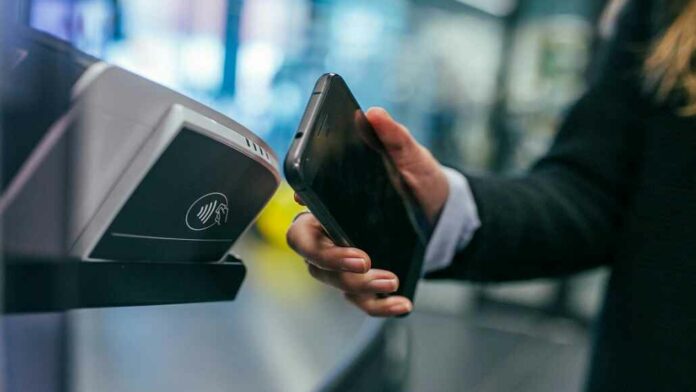India has asked the Financial Action Task Force – FATF, which happens to be a global money laundering watchdog, to decrease compliance needs when it comes to cross-border payments that are made through its homegrown system.
The Unified Payment Interface, also known as UPI, was launched in 2016 and, as of 2024, is accounting for 83% of India’s digital payments volume, which is up from 34% that was witnessed in 2019, thereby dominating the domestic retail payments sector.
The government of India is now looking to raise the use of its own payments network by way of Indians traveling abroad, which could potentially go on to tap the growing market and thereby make the global cross-border payments market even more competitive.
However, its expansion when it comes to cross-border payments has been pretty much hampered due to the compliance needs when it comes to smaller payments, to which payments made through networks like MasterCard, Visa, and SWIFT are not subject, say the sources.
The government of India officials have already raised this issue at the FATF conference, which was held in Mumbai in the week ending 29th March.
It is well to be noted that the final decision would completely depend on attaining a consensus within FATF member countries post the public consultation period.
A public consultation when it comes to the FATF’s Travel Rule that requires the financial institutions to collect, hold, and transmit information when it comes to the sender and receiver of cross-border payments is open till 18th April.
Interestingly, in their present form, the global anti-money laundering rules go on to favor both card networks as well as payments that are facilitated by way of the SWIFT payment system.
The Reserve Bank of India Governor, Sanjay Malhotra, remarked at the FATF gathering in Mumbai that it would indeed be desirable to make the FATF travel rule technology more neutral. He did not, although, mention UPI in the statement.
It is worth noting that India has so far inked deals with seven countries, which include France and Singapore, that allow merchants to accept the payments by way of UPI.






















